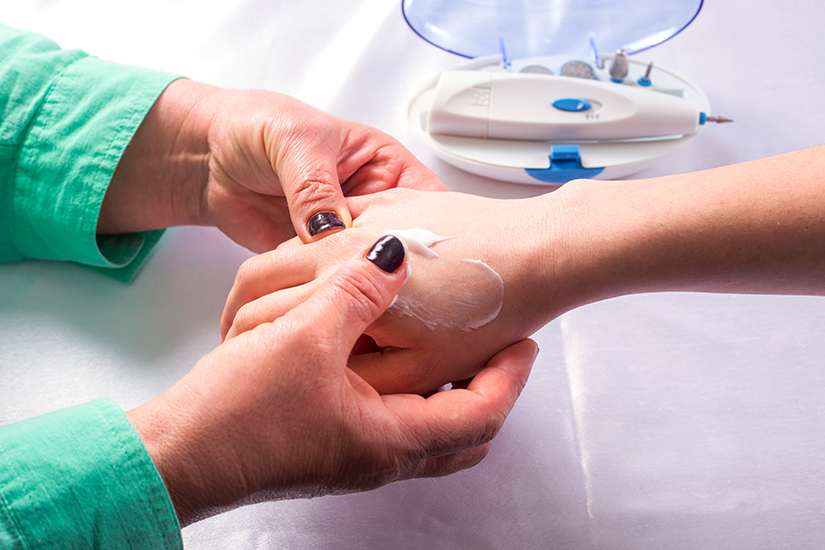- Emergency Ambulance Services
- 8606811111
- 0471-4077777, 0471-7177888
- gro@sutpattom.com
Is menopause a nightmare?
Dr.Simi Haris Consultant Gynaecologist, Laproscopic Surgeon and Infertility Specialist SUT Hospital, Pattom
Menopause is the most discussed topic amongst women in their 40s. Symptoms of menopause are widely discussed. I am Simi Haris, Consultant Gynaecologist, Laparoscopic Surgeon and Infertility Specialist at SUT Hospital, Pattom, in this article I am sharing my knowledge and trying to address your concerns regarding Menopause.
Menopause causes various physical and mental changes in women often when they cross the 50s. It is mainly due to the decreased functioning of ovaries and the stoppage of related hormone productions (the hormone which maintains youthfulness – estrogen is the most important among them). It affects ovulation adversely and may lead to loss of fertility. The symptoms usually begin in the early 40s of the women. Early menopause occurs in women who have their ovaries removed and those seeking treatment for cancer.
What are the symptoms?
Menstruation becomes irregular and gradually stops. For a few women, it stops abruptly. As a result of irregular menstruation, some women may experience excessive bleeding. Although it is a symptom of menopause, it is important to consult a gynaecologist to make sure there are no other causes.
Hot flush is another symptom that can be observed among the majority of women. It is more common in the early stages of menopause. The body feels heat, sweat and one tends to feel tired. As a result of menopause, they also experience fatigue, anger, insomnia, memory loss, depression, and stress.
Dryness of the genitals and vagina may occur. Sexual intercourse can be painful and reduce the ability to control urination. A gradual decrease in calcium level is observed during this period which leads to osteoporosis. This can cause pain and swelling in the limbs which increases the chance of fracture from slight imbalances.
Menopause also increases the risk of heart disease. The hormone estrogen is a protective shield for the heart, with a decreased level of estrogen, women will have to face the of risk any heart disease.
Solutions
Physical and mental changes need to be closely monitored and effective lifestyle changes need to be implemented by the patient. Diet should be adjusted and exercise should be practised as a routine. The amount of sugar, salt and fat in the diet should be controlled. Care needs to be taken to include calcium-rich foods in the daily diet. Calcium supplements may also be taken. The inclusion of estrogen-rich foods such as lentils, sorghum, kachil and soybeans in one’s daily diet helps to solve problems related to menopause to some extent.
Hormone therapy
Estrogen containing hormone pills may be helpful for the control of hotflushes, osteoporosis/fracture , dryness of vagina,heart disease, depression. Medications can be taken in small doses for a short period of time as prescribed by a gynaecologist.
Regular check-ups like blood sugar, BP and cholesterol should be tested after the commencement of menopause. In addition, annual Pap smears and mammograms will help diagnose cancer. Abdominal scanning can also help detect ovarian tumors.
A proper understanding of the changes and disorders that occur during menopause, helps to prevent and overcome them.









